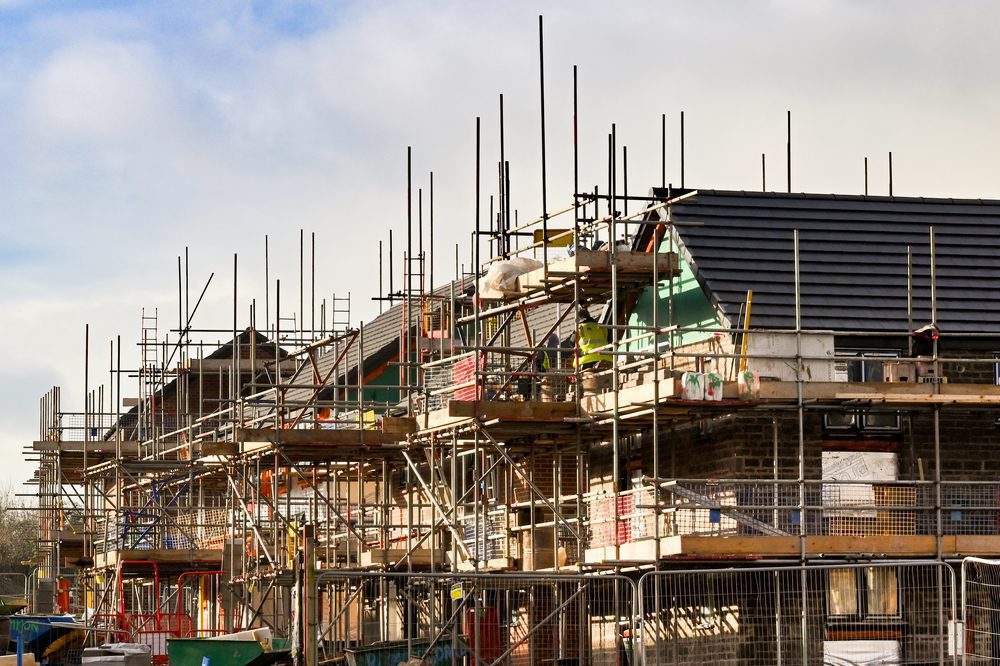
Housing programmes delivered by Homes England saw an overall increase in starts and completions in 2021-22 compared to the previous year, according to official statistics.
Last year there were 38,436 new homes started on-site and 37,164 houses completed between 1 April 2021 and 31 March 2022. Three-quarters (72%) of starts (27,509) were for affordable homes.
This marks a decrease of 2% on the previous year, however this was expected due to the closure of bidding for the Shared Ownership and Affordable Homes Programme (SOAHP) 2016-21 and the gradual build-up of starts from the newly launched Affordable Homes Programme (AHP) 2021-26.
Of the housing completions, 26,485 (71%) were for affordable homes, an 11% increase on the previous year.
A total of 5,606 affordable homes started in 2021-22 were for Affordable Rent. There were 4,778 starts under schemes including Shared Ownership and Rent to Buy. 15,144 starts were defined as ‘Affordable Tenure TBC’ homes, where the ultimate tenure category is not known until completion. The remaining 1,981 were for Social Rent, a 23 per cent decrease on the previous year.
Of the affordable homes completed, 13,929 were for Affordable Rent, an increase of 5% on the previous year, and 9,479 under Intermediate Affordable Housing schemes. The remaining 3,077 were Social Rent completions, up 62 per cent on the previous year.
Peter Denton, Chief Executive of Homes England, said: “The statistics released today show the incredible strides the housing industry has made to recover from the slowdown and subsequent supply issues caused by the Covid-19 pandemic.
“During the last period, we began taking applications for grant funding through the new £8.6bn Affordable Homes Programme and announced the new tranche of 31 Strategic Partnerships we have formed that will provide public and private sector partner organisations with the tools they need to plan and act strategically, shaping their communities and building up to 90,000 new homes.
“Housing is a central part of Levelling Up, and as we continue to support the government’s ambitions in this area, our work with partners from across the sector will be key to creating the homes and neighbourhoods the country needs, in the places that people want to live.”





